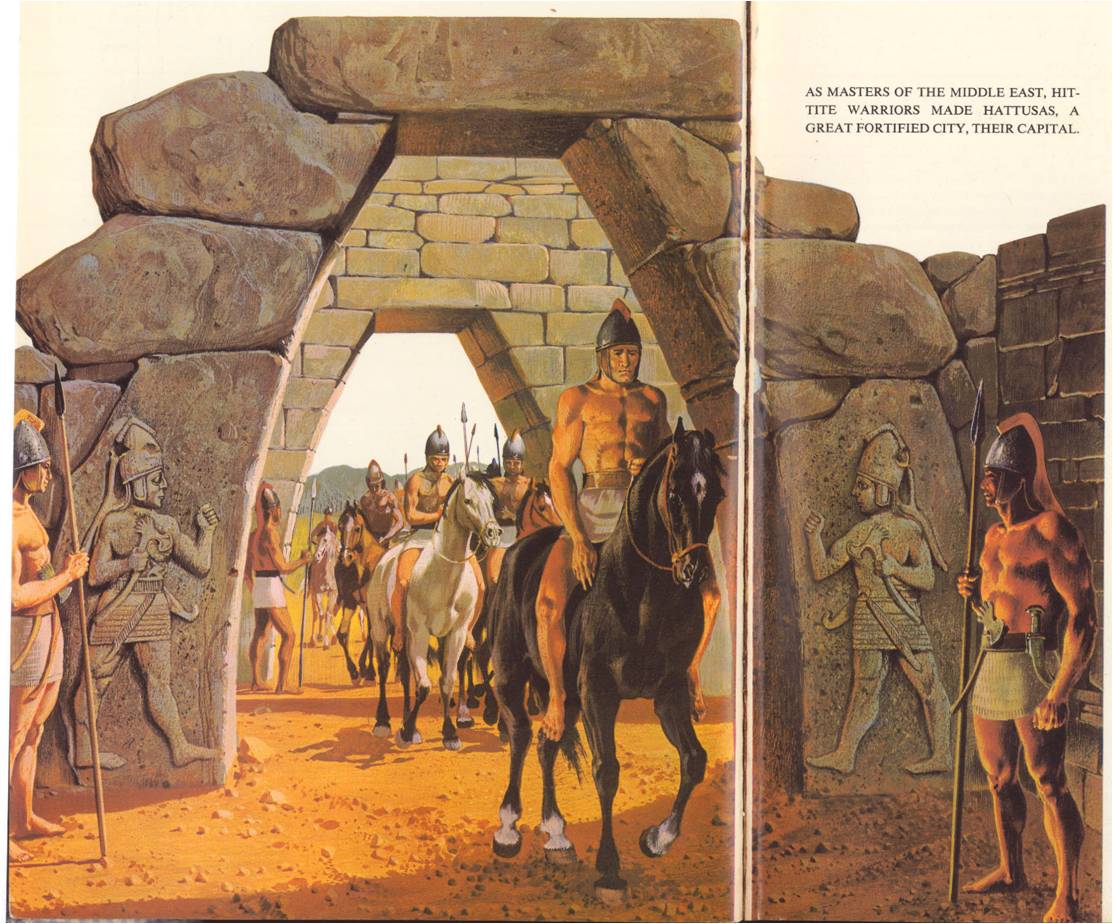IT WAS the Sunday before Passover. The soft greens of spring and patches of wild flowers brightened the hills above Jerusalem. The holy days of the Passover, celebrating the escape of the Jews from slavery in Egypt, would not begin until the following Friday at sundown. But people were already busy preparing for it. The roads leading into the Holy City were crowded with Jews coming to attend the rites in the Temple. On the roads were also herds of cattle, flocks of sheep and carts loaded with cages of turtledoves. These were being brought to the Temple to be …
Read More »Tag Archives: Babylon
The Conquerors 343 B. C. – 323 B. C.
In 343 B. C., the philosopher Aristotle left the quiet of his study and journeyed to Macedonia, a country in the mountain wilderness north of Greece. He had been hired to tutor the rowdy young son of a king. The boy, Alexander, was a yellow-haired thirteen-year-old. His manners were polite and he seemed to be clever enough, but he was wild. It was hard for him to pay attention to his studies. He much preferred galloping across the fields on his huge horse. He proudly told his new tutor that he had tamed the horse himself. When he did come …
Read More »The Silent Peninsula 3000 B.C. to 1600 B.C.
About 3000 B. C., when the Pharaohs ruled Egypt and Babylon was the home of mighty kings, bands of sailors set out from Asia Minor. They followed a little chain of islands that led northward across the unexplored sea that, centuries later, would be called the Mediterranean. If the islands had not been there, the sailors would never have dared to sail so far from home. Asia, the only world they knew, stopped at the eastern store of the sea. Some of the men were afraid that they might suddenly reach the end of the world and drop over it …
Read More »Hittite Warriors Build a Kingdom 1750 B. C. – 700 B. C.
Within 150 years of the death of Hammurabi, the cities of Mesopotamia were powerless and other peoples took up the struggle for the Near Eastern world. Among them were the Hittites, who had taken the city of Babylon. The rough Hittite tribesman hardly knew what to do with such a splendid city, let alone with an empire, so they went back to their strongholds in the highland plains of central Turkey. They had been living there for several centuries, ever since they had left their homeland in the steppes of central Asia. When the Hittites first moved into Turkey, they …
Read More »


